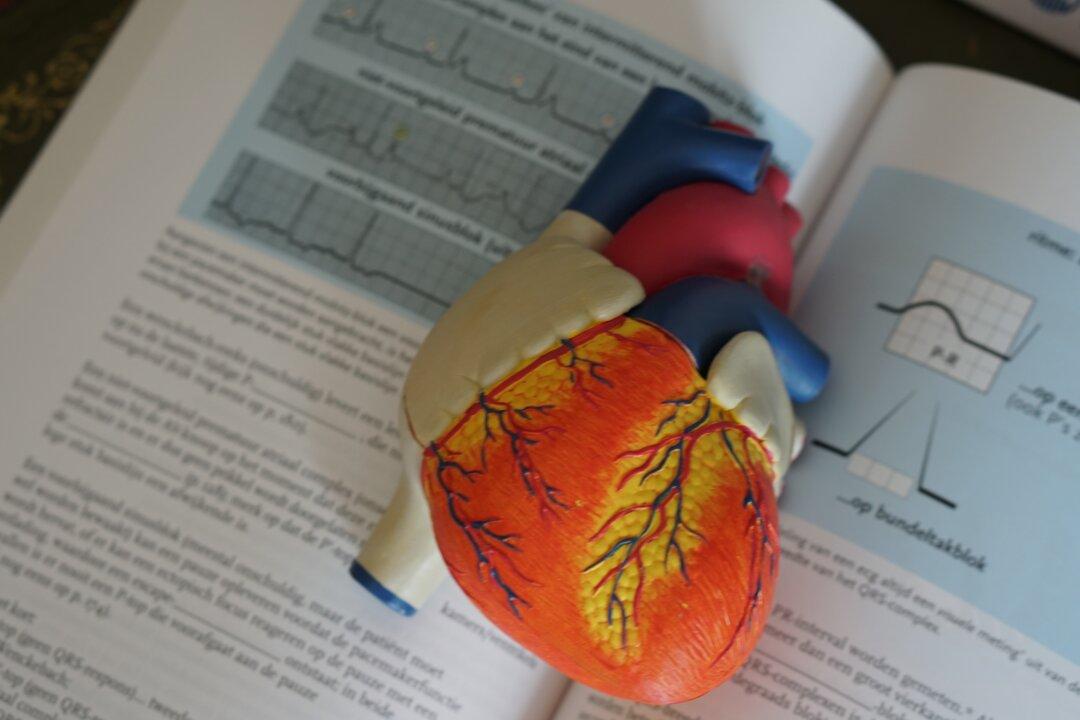According to the American Heart Association’s 2020 report, an estimated 5.7 million Americans over the age of 20 suffered from heart failure between 2009 and 2012, and the number grew to be 6.2 million between 2013 and 2016. This is a significant increase in the number of heart failure patients.
Heart failure is a disease that can affect young and old alike, with a high mortality rate worse than many types of cancer. There are several typical symptoms of heart failure, and when three of these symptoms occur it should raise a red flag.





